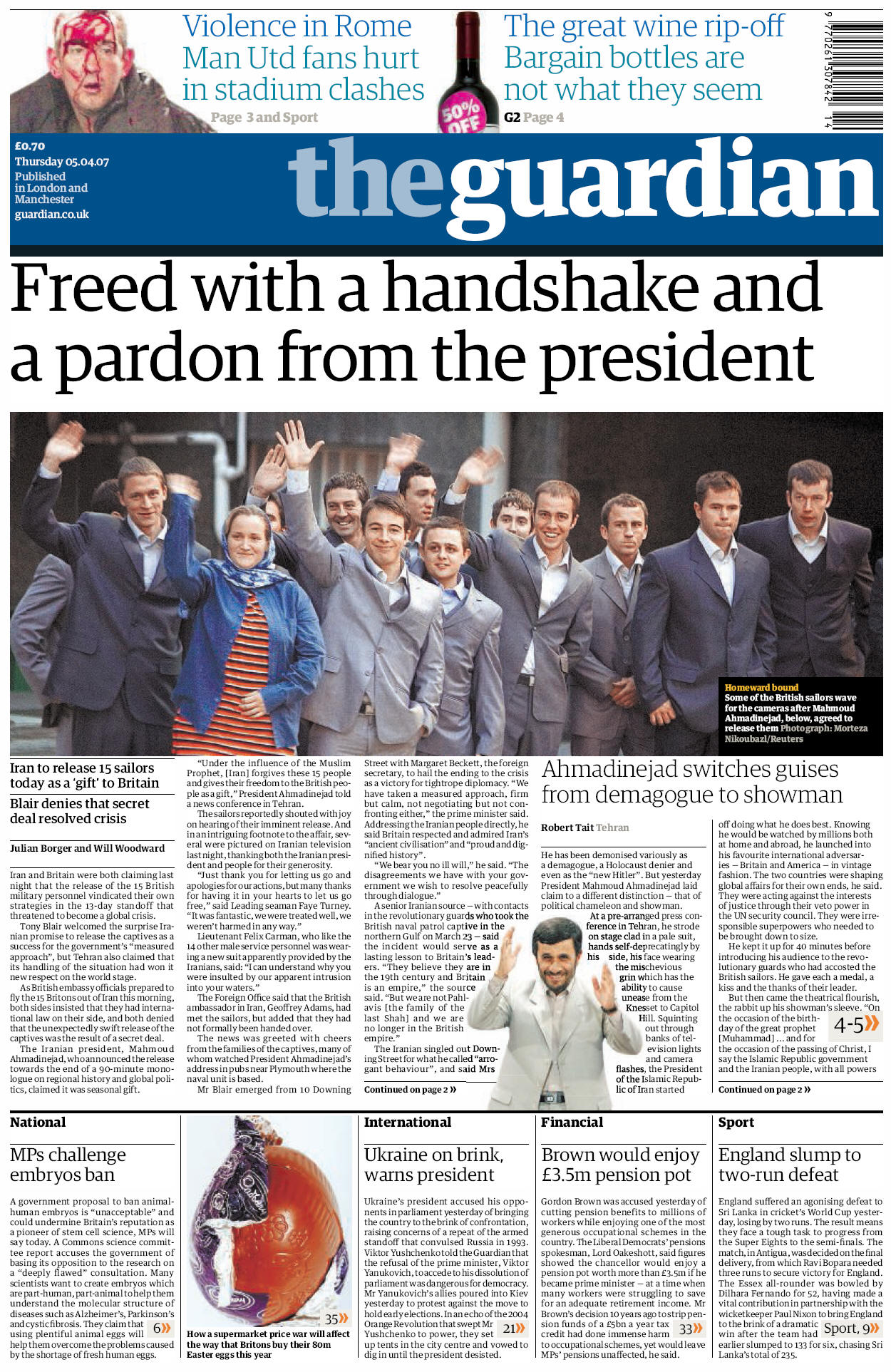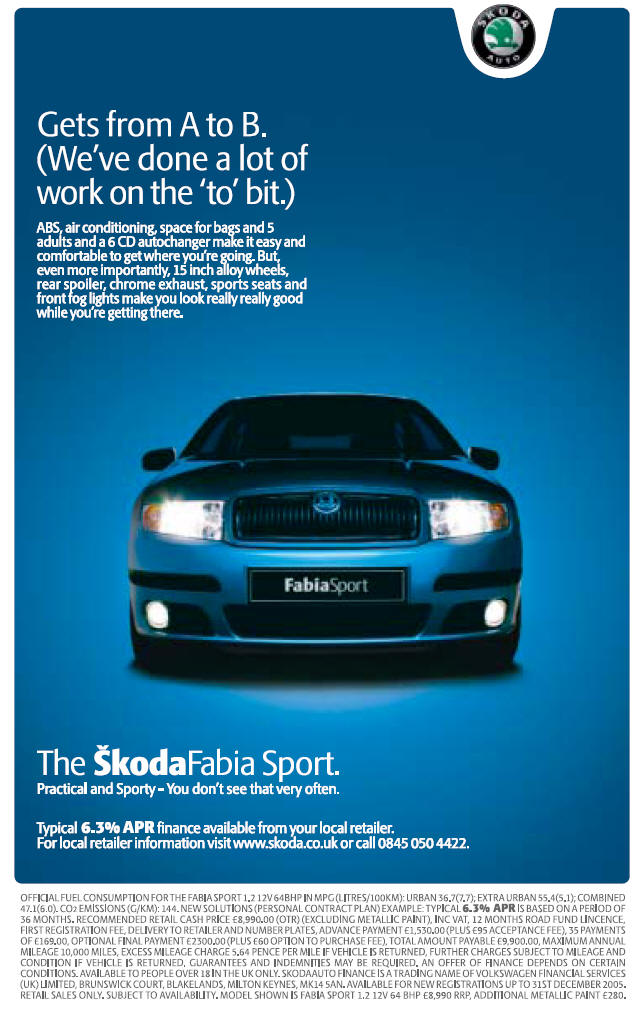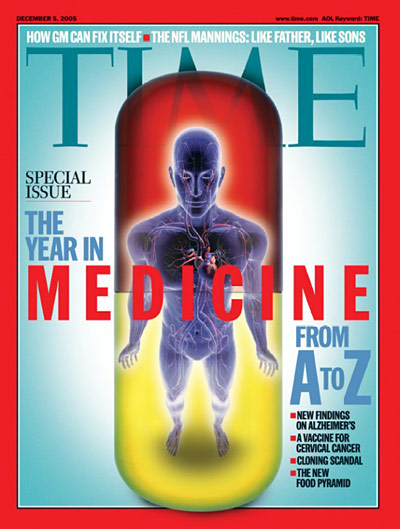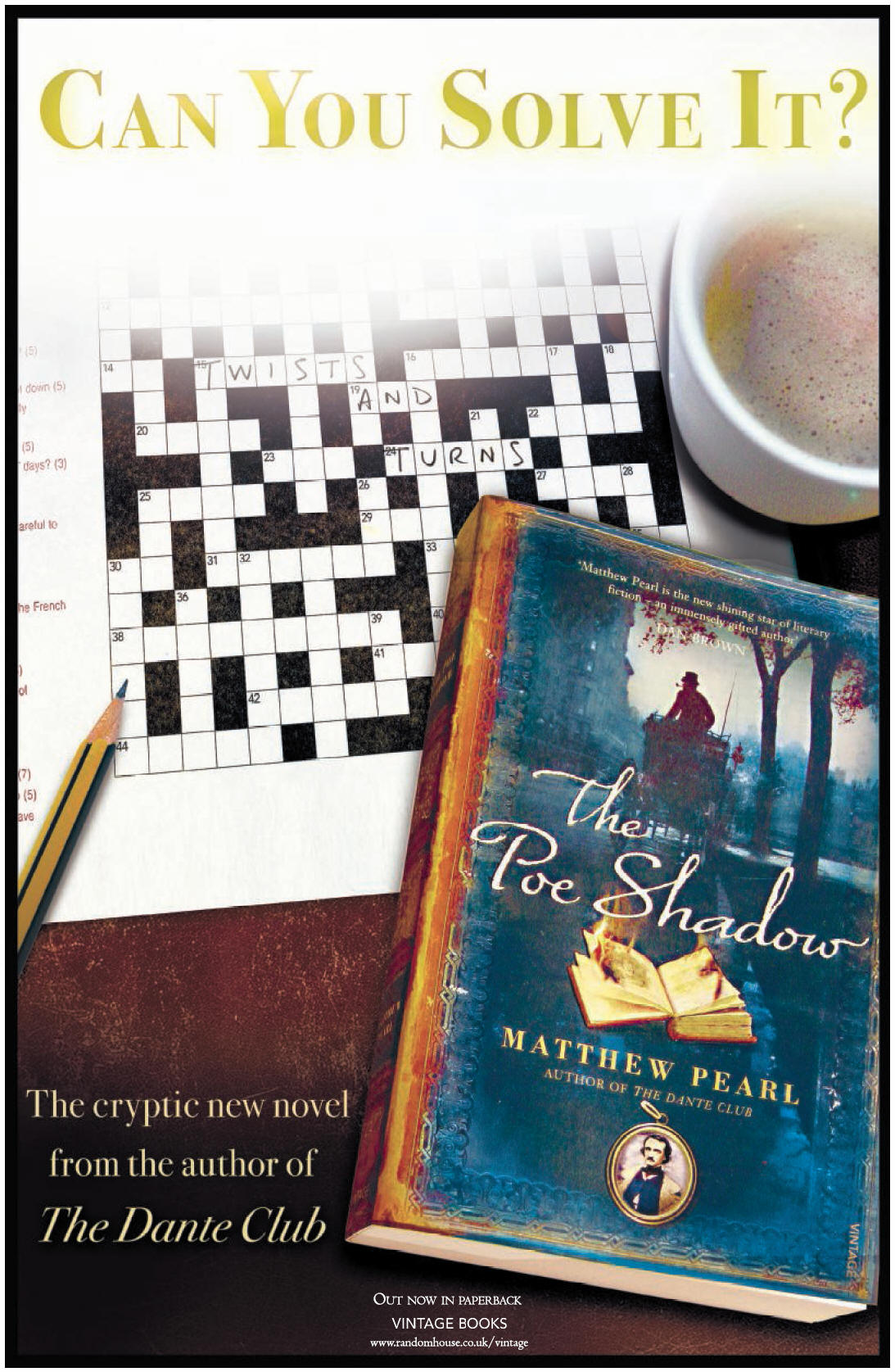|
grammaire anglaise >
prépositions
topréposition +
N
syntaxe, sens et
valeur énonciative
from N, from N
to N
différents sens
from N
origine,
localisation, source,
création,
extraction,
cause,
début, précédent,
référence,
événement,
objectif


The Guardian
Film & Music p. 16
23 June 2006

The Guardian
p. 40 20 July 2006
fromlocalisation N
fromextraction N
Creating a sperm or egg from
any
cell?
Reproduction revolution on the
horizon
May 27, 2023 NPR
On 9/11
the View
From the Train
September
12, 2011
The New York Times
By JOE NOCERA
I’d been
away for a few days, just me and my dog, but Sunday morning I rose early and
drove the 100 miles to New York City. On the 10th anniversary of 9/11, I felt a
deep need to be with my family. As I began to cross the Triborough Bridge into
Manhattan, I could hear the whoosh of police helicopters overhead. I looked up.
There were five of them.
Though I had been avoiding most of the television programming around the
anniversary, the sound of the helicopters caused the memories to come flooding
back. Ten years ago, as an editor at Fortune, my routine was to take the Amtrak
every Tuesday from Massachusetts, where I then lived, into Manhattan, and then
go back to Massachusetts at the end of the week. At 8:46 a.m. that Tuesday, my
train had already left Stamford, Conn., the last stop before Manhattan.
A few miles from Penn Station, with the Manhattan skyline in sight, the train
groaned to a stop. From my seat, I could see huge billows of smoke in the
distance. I couldn’t see one of the Twin Towers. I assumed that it was hidden by
the smoke.
Passengers began making calls to find out what was going on. We had no
television on the train, no Internet access, no radios. Soon we stopped making
calls and simply watched, in horror, as the World Trade Center disappeared
before our eyes.
I have always considered myself lucky to have made it into the city that day.
Most people trying to get into New York were turned back, but at around 1:30
p.m. we rumbled into Penn Station where we were escorted off the train and out
of the building by heavily armed National Guardsmen.
There were some elderly women whose final destination was Norfolk, Va. Standing
outside Penn Station, seeing all the shell-shocked New Yorkers trudging uptown,
they looked bewildered, utterly lost. I’ve always wondered what happened to
them.
I joined the parade walking uptown. When I arrived at Fortune in Midtown, the
editors had just begun a meeting to figure out how we, a business magazine, were
going to cover the terrorist attack. I spent the next three days working
furiously on that issue and have rarely felt so happy to be at work. In some
small way, it allowed me to feel useful.
I didn’t know anyone who died that day. But I can’t think of another national
tragedy in my lifetime that has affected me as powerfully; this must be how our
parents felt when Kennedy was killed — a searing, awful memory that never
completely goes away.
On Sunday, New York was a somber city — “solemn” an out-of-town friend said that
night over dinner. People went about their business, but we could all hear the
helicopters and see the armed police, just like in the days after 9/11. Everyone
had their own memories of where they had been, what they had done. I called my
three older children, who had been so worried about me that day. My fiancé and I
took our baby and our dog to the park. It was filled with parents and children.
I wasn’t the only one who wanted to spend the day with his family.
I remember something else about those initial days after the terrorist attack.
I’d bump into friends, liberals like me — or so I thought — who were suddenly
railing about Muslims, or how the police needed to start racial-profiling and
locking up people who “looked suspicious.”
After 9/11, we invaded Afghanistan — justifiably — to take the fight to our
enemies. But we also invaded Iraq, an unjustified war for which 9/11 provided
the cover. We have killed Osama bin Laden and many other Al Qaeda leaders, but
9/11 has also given us waterboarding, Guantánamo, and the gradual erosion of
some of our civil liberties, which we foolishly accept in the name of security.
It has given us a new vigilance and important security measures aimed at keeping
us safe. But it also put some 400,000 people on no-fly lists, most of them
falsely, with no way of getting off. It has given us the Patriot Act — the
implication being that anyone who opposes it is unpatriotic. As important as it
is to honor the memory of those who died — and to continue the battle against
those who would do us harm — we should also acknowledge that we’ve lost
something, as a country, because of 9/11.
On Monday, I took the Acela to Washington. The security was clearly beefed up,
with police and police dogs patrolling the train. As we left Penn Station, the
conductor came on the intercom. “Please have your ID ready,” he said. “We will
be checking them.”
The person across from me said, “I’ve been on this train a million times, and
they’ve never checked IDs.” The person sitting next to me said, “It’s fine by
me.”
When the conductor took our tickets, he didn’t ask to see our IDs. I was glad he
didn’t.
On 9/11, the View From the Train,
NYT,
12.9.2011,
https://www.nytimes.com/2011/09/13/
opinion/nocera-on-911-the-view-from-the-train.html
fromcausal N
from N
: suite à N
from Ncréateur
/ créatrice
'Paterson':
A Love Poem To Poetry,
From
Director Jim Jarmusch
December 27, 2016 NPR
Nexemples from Nsituation
Scenes
From The Aftermath Of The U.S. Withdrawal From Afghanistan
September 1, 2021
NPR
from N
to N
sens littéral (localisation,
géographie)
et figuré :
départ /
arrivée, début / fin
parcours, itinéraire, carrière
sens figuré / abstrait :
marquage d'un parcours
allant d'un extrême à un autre
(structure bipolaire)
exemples
significatifs / marquants,
repères,
délimitant un champ thématique large
How Bangladesh
went
from an economic miracle
to needing IMF help
November 9, 2022 NPR
From blockbuster
to bust:
Behind the precipitous drop in IPOs
July 6, 2022 NPR
Why cryptocurrencies
have gone
from the next hot thing
to a full-on meltdown
June 17, 2022 NPR

The Guardian
p. 7 17 November 2005

December 5, 2005
Vol. 166 No. 23
http://content.time.com/time/magazine/0,9263,7601051205,00.html
Drone Victim Went
From
American Middle Class
to
Waging a Media War for Al Qaeda
September 30,
2011
The New York Times
By ROBBIE BROWN
and KIM SEVERSON
CHARLOTTE,
N.C. — From his parents’ basement in a part of town where homes have lots of
bedrooms and most children go to college, Samir Khan blogged his way into the
highest circles of Al Qaeda, waging a media war he believed was as important as
the battles with guns on the ground.
His parents — by all accounts a low-key, respected couple who had moved south
from Queens in 2004 — were worried about the increasingly radical nature of
their son’s philosophy and the increasing media reports that exposed it.
They turned more than once to members of their religious communities to impress
upon their college-aged son the perils of such thinking and behavior.
It did not work. In 2009, he left his comfortable life in Charlotte for Yemen,
started a slick magazine for jihadists called Inspire that featured political
and how-to articles written in a comfortable American vernacular and continued
to digitally dodge government and civilian efforts to stop his self-described
“media jihad.”
His life ended in Yemen on Friday, when Mr. Khan, 25, was killed in a drone
strike that also took the life of the radical cleric Anwar al-Awlaki and two
other men, according to both American and Yemeni officials.
At the Islamic Society of Greater Charlotte, few of the several hundred Muslims
gathered for Friday Prayer wanted to talk about Mr. Khan.
“This is a very dangerous road when you go and kill someone like this,” said
Ayeb Suleiman, 25, a medical resident. “He was just an editor. He was just
writing.”
Others felt grief for a family who had lost a son, no matter the nature of the
son’s activities.
Mr. Khan’s father, Zafar Khan, is an information technology executive and a
respected, regular worshiper who bought his family a two-story brick house near
a golf course. He often talked cricket with Yasin Raja, a fellow
Pakistani-American.
“If Samir got caught up with something, that was on his own,” Mr. Raja said.
Steve Glocke, who lives across the street from the family, watched Mr. Khan grow
from a cordial teenager who played basketball with his brother in the street
into a quiet, but radical, young man. When Mr. Khan moved to Yemen, he said, “I
would ask if he was O.K., and they would say they didn’t know.”
His parents were worried even before the family moved from Queens. Mustapha
Elturk, the imam and president of the Islamic Organization of North America, met
the family in the mid-1990s during an educational program at a mosque in
Flushing, Queens. Mr. Khan was interested in Islam as a way to “stay away from
the peer pressure of his teenage days,” he said.
But after the Sept. 11 attacks, Mr. Khan’s attraction to militant sites on the
Internet and his radical views grew to the point where his father intervened.
“He tried his best to make his son meet all sorts of imams and scholars to
dissuade him from those views,” said Mr. Elturk, who spoke with Mr. Khan’s
father on Friday to offer condolences. “He would give you the impression that he
would change.”
Early intervention by members of the local community is key to preventing the
radicalization of Islamic youth, said Sue Myrick, the member of Congress who
represents the part of Charlotte where Mr. Khan lived.
Mr. Khan’s last issue of Inspire came out this week. It was 20 pages, smaller
than the rest, and dedicated largely to the Sept. 11 attacks. It has lost some
of the cheekiness of early editions, which outlined what to expect on a jihad
and had headlines like “Make a Bomb in the Kitchen of Your Mom.”
In this edition, he made clear the role he believed he played in the war. “While
America was focused on battling mujahedeen in the mountains of Afghanistan and
the streets of Iraq,” he wrote, “the jihadi media and its supporters were in
fifth gear.”
Robbie Brown
reported from Charlotte,
and Kim Severson from Atlanta.
Matt Flegenheimer
contributed reporting from New York.
Drone Victim Went From American Middle Class
to Waging a
Media War for Al Qaeda,
NYT,
30.9.2011,
https://www.nytimes.com/2011/10/01/
world/middleeast/samir-khan-killed-by-drone-
spun-out-of-the-american-middle-class.html
sens figuré :
exemples
significatifs / marquants, repères >
passer d'un extrême (positif) à l'autre
(négatif)
In Barely A Year,
Gov. Cuomo
Went
From A Pandemic
Hero To A Political Pariah
August 11, 2021
NPR
from N
autres énoncés

The Guardian
p. 40 25 November 2005

The Guardian
Travel p. 12
19 November 2005

The Guardian
Review p. 20
30 December 2006
Voir aussi > Anglonautes >
Grammaire anglaise
explicative
- niveau avancé
topréposition +
N
prépositions + N
|